This post was most recently updated on April 23rd, 2022
Some people call chickens ‘two legged pigs’ and will feed them anything. It is actually the chickens natural behaviour to compete for fresh food and they will eat it quickly, no matter what you are feeding them. One of the most commonly asked questions in the beginner chicken world is “can chickens eat bread?” Below we look at whether chickens should eat bread, as well as many other things that you should avoid feeding your chickens.
Please read: This information is provided for educational purposes only and is not intended to treat, diagnose or prevent any disease. We encourage you to make your own health care decisions in partnership with a qualified health care professional.
This post contains affiliate links, this means at no extra cost to you, we make a commission from sales. Please read our Disclosure Statement
There are some common foods that you should not be feeding your chickens. What you don’t want is for the chickens to fill up their crop with low nutrient foods, and to miss out on all the goodness of the high nutrient foods.
Can’t be bothered reading? Watch it here:
?
is a common for well meaning people to feed to chickens and ducks. The problem with is that it can easily form a ball in the crop which can lead to catastrophic blockages. A is not designed for large amounts of this kind of .
Yeasts and sugars in the can ferment in the crop which increases the pH of the crop contents, if fed in too larger quantities, which changes the bacteria and other microbiome that grow in the and crop. This can then lead on to chronic cases of sour crop that are very hard to treat.
So, in short, no, ideally you would not Small volumes of stale bread can go to your chickens, but avoid giving them moldy bread as the mold spores can irritate their breathing passages.
If you do decide to feed to your chickens, try breaking it up and soaking it with some apple cider vinegar and water overnight. This will both increase the acidity, making it easier to digest, as well as breaking up the fibres to help stop it balling up in their crop.
Ducks also should not have large volumes of to eat either. Small amounts of will not hurt a , but you should avoid making it the basis of their diet.
RELATED POST: Raising laying hens the right way
Here are 3 foods you should not be feeding your chickens
1. Milk and dairy products
Some people with an orphan mistakenly think that because are small animals, that they need to have milk, however this is not true. Chicks should start on a specially formulated chick starter feed.
It turns out that chickens are lactose intolerant! Milk is high in protein and other minerals, but the lactose can give the birds upset stomachs.
If you do give milk products, try small amounts of cultured ones, think yogurt or cheese as they have a lot less lactose in them.
RELATED: How to make money with chickens
2. Porridge or oatmeal
There is nothing wrong with a small volume of porridge or oatmeal, but oats are very low in protein and fat, both of which chickens need.
However, porridge fills up a ‘s stomach, so they don’t have room for the high nutrient foods they need to be eating.
Oats have virtually no vitamin A, D or E and high in beta glucans that birds cannot digest. Too many beta glucans will form a sludge in the gut, causing blockages.
Commercial does contain some oats usually as a bulking agent, but they are whole, uncooked oats that are crushed not cooked.
3. Raw Eggs
You should not feed your eggs back to your flock. Some people feed back the shells for calcium. However, to be safe you are better off using grits as a calcium source.
This is for two reasons.
1 – It can encourage the chickens to seek out and eat their own eggs.
2 – Chickens can carry salmonella, raw eggs from contaminated chickens will spread the disease amongst your flock.
If you do want to feed your chickens eggs, you can scramble the eggs and cook them and heat the shells in a hot oven for at least 20 minutes to kill any bugs. Then you can crush the shells so they are unrecognizable to the chickens in the coop.
Here are some other foods that you should avoid giving your chickens:
- Onions and garlic can give the eggs an off taste
- Fresh potato peels, especially those tinged green, contain a toxin called solanine.
- pits and skins both include a potentially fatal toxin called persin.
- Avoid feeding your flock rhubarb and citrus.
- Undercooked or dried contain an avian toxin called hemaglutin.
Generally speaking, a well fed will not attempt to eat toxic foods as their only taste buds are ones for bitter , bitter foods are usually toxic, and they are quite good at not eating them!
The best advice is to feed a balanced, commercial feed first, then let the chickens eat their other , treats or forage later in the day. This will ensure they are getting all the nutrition they need for growth and .
RELATED POST: The Ultimate Guide to feeding your chickens
Treats that you CAN feed chickens
This list is largely taken from the backyardchickens forum.
| Apples | Raw, cooked and applesauce |
| Asparagus | Raw or cooked |
| Bananas | Without the peel |
| Beans and green beans | Well-cooked only, never dry |
| Beets | Greens and cooked root |
| Berries | All kinds |
| Breads | Only in small amounts, preferably soaked in ACV |
| Broccoli & Cauliflower | |
| Cabbage & Brussels Sprouts | Whole head |
| Carrots and tops | Raw and cooked |
| Catfood | Wet and dry- Feed in strict moderation, perhaps only during moulting |
| Cheese | Including cottage cheese |
| Cooked Chicken | |
| Corn | On cob and canned, raw and cooked |
| Crickets (live) | Can be bought at bait or pet-supply stores. |
| Cucumbers | Let mature for yummy seeds and flesh |
| Eggs | Hardcooked and scrambled are a good source of protein, and a favorite treat. |
| Eggplant | . |
| Fish/Seafood | Cooked only. |
| Flowers -Marigolds, nasturtiums, pansies, etc | Make sure they haven’t been treated with pesticides, such as florist flowers might be. |
| Fruit | Pears, peaches, cherries, apples |
| Grains | Bulgar, flax, niger, wheatberries,etc. |
| Grapes | Seedless only. For chicks, cutting them in half makes it easier for them to swallow. |
| Grits | Cooked |
| “Leftovers” | Only feed your chickens food items which are still considered edible by humans, don’t feed anything spoiled, moldy, oily, salty or unidentifiable. |
| Lettuce / Kale | Any leafy greens, spinach collards, chickweed included. |
| Mealworms | Available at pet supply stores or on the internet |
| Meat scraps of any kind. | Not too fatty, A good source of protein in moderation. |
| Melon | Both the seeds and the flesh are good chicken treats. |
| Oatmeal | Raw, fermented or cooked |
| Pasta/Macaroni | Cooked spaghetti, etc. |
| Peas | Peas and pea tendrils and flowers |
| Peppers (bell) | . |
| Pomegranates | Raw |
| Popcorn | Popped, no butter, no salt. |
| Potatoes/Sweet Potatoes/Yams | Cooked only—avoid the green parts of peels! |
| Pumpkins/Winter Squash | Raw or cooked seeds and flesh |
| Raisins | . |
| Rice | Cooked only |
| Scratch grains | Scratch is cracked corn with grains (such as wheat, oats and rye) mixed in, not a complete feed. |
| Sprouts | Wheat and oat sprouts are great! |
| Summer Squash | Yellow squash and zucchini |
| Sunflower Seeds | Sunflower seeds in the shell are fine to feed, as well as shelled. |
| Table scraps | Avoid forbidden foods and fish bones, but otherwise safe. |
| Tomatoes | Raw and cooked. |
| Turnips | Cooked. |
| Watermelon | Served cold, it can keep chickens cool and hydrated during hot summers. |
| Yogurt | Plain or flavored |
Commonly asked questions from a chicken keeper about what you can feed chickens
Can chickens eat grapes?
Yes, chickens enjoy eating grapes and if you throw them to your flock you will find that they rush after them and argue over them. Grapes are very sweet and mostly contain water and sugar so they should be kept as a special treat for your flock rather than a basis of a nutritionally complete chicken feed.
Can chickens eat uncooked rice
Uncooked rice is hard to digest and it will expand and absorb quite a quantity of water in the chickens gullet. Rice flour will congeal together and can cause a blockage. Rice is low in nutritional value, and high in simple starches so it is not an ideal chicken food. If you are going to feed your chickens rice, it is best cooked, or at least crushed (but not powdered) and mixed in with their other grains to dilute it.
You can feed your chickens small volumes of cooked rice, this is unlikely to cause any issues in your flock. But it is best to keep this as an occasional food, and give it after they have eaten their usual grain feed so that you know they are getting their full nutrition.
Can chickens have bananas
Chickens enjoy eating bananas and they will even eat the banana peels. Very nutritious, they are high in vitamins B6, C & A also contains niacin, iron and magnesium plus other trace elements.
Can chickens eat chocolate
No, chickens should not eat chocolate or coffee. There are toxic substances in chocolate called theobromine and caffeine. The higher the cocoa content and the darker the chocolate, the more theobromine it contains and the more dangerous it is to your chickens.
Can chickens eat strawberries
Strawberries are healthy and nutritious for chickens to eat on occasion. Strawberries are low in sugar and high in nutrients. Chickens will also eat the leaves of strawberry plants, so if you have free ranging chickens it is best to fence off your garden if you want your strawberry plants to survive.
Can chickens eat broccoli
Chickens enjoy eating both the heads (florets) of broccoli as well as the leaves. The stems of the broccoli plant are too hard for your hens to peck at unless they are cooked. All parts of the broccoli plant are healthy and nutritious for chickens to eat.
Can chickens eat cabbage
Cabbage makes a wonderful distraction for bored chickens. Hang a head of cabbage from a rope in the chicken coop and watch the chickens peck and play with the cabbage while eating it all. Cabbage is healthy for chickens and they enjoy all parts of it raw or cooked, only the hardest part of the stem will be left. All varieties of cabbage are fine, Chinese cabbage, red cabbage, pak choi and normal green cabbage.
Can chickens eat raisins
In small volumes, the occasional raisin is ok for your chickens to eat. However, large volumes of raisins can cause renal failure in many animals, chickens included. The high level of sugar in raisins is not good for the chickens either.
Can chickens eat oatmeal
Oats are fine to feed chickens in small volumes. Large quantities of cooked oatmeal can cause a build up of a glutenous sludge in the chickens crop which can lead to sour crop. It is best to mix any oatmeal with other foods and avoid large one-off servings of cooked oatmeal.
Can chickens eat blueberries
Yes, chickens enjoy eating blueberries and will strip a blueberry bush very quickly. Blueberries are a nutritious, low sugar snack that your hens will love. Don’t be surprised at the change in the manure colour after eating blueberries.
Can chickens eat raspberries
Raspberries, raspberry leaves and raspberry seeds are all safe for chickens to eat. They enjoy eating these fresh berry snacks and if you want any harvest for yourself then you will have to put up a chicken proof fence.
Can chickens eat avocado
Generally chickens are pretty good at avoiding eating what they should not eat. Avocado pits and skins are toxic to chickens as they contain a toxin called persin, and chickens will not eat these, however, the flesh of the avocado is fine for chickens to eat.
Can chickens eat watermelon
Chickens enjoy eating excess watermelon and they will eat both the fruit and the rind. Watermelon is mostly water, and it is a good way of getting your chickens additional water on particularly hot days.
Can chickens eat tomatoes
The fruit of the tomatoes are good for chickens to eat, they are full of vitamins and minerals that are beneficial to the. The leaves and stem of the tomato plant are toxic and should not be fed to chickens. Green tomatoes and green potatoes are also not safe to feed chickens.
Can chickens eat cherries
Excess cherries can be fed to chickens, they enjoy the fruit either raw or cooked. Be aware that the dark red cherries will change the colour of their manure, this will not harm them, but may stain your pathways and patios for a while.
Can chickens eat cilantro
Cilantro also known as coriander greens can be fed to chickens. This plant is rich in vitamin A and K and has several useful antioxidants and it is beneficial to feed to your chickens.
Please Pin and share!
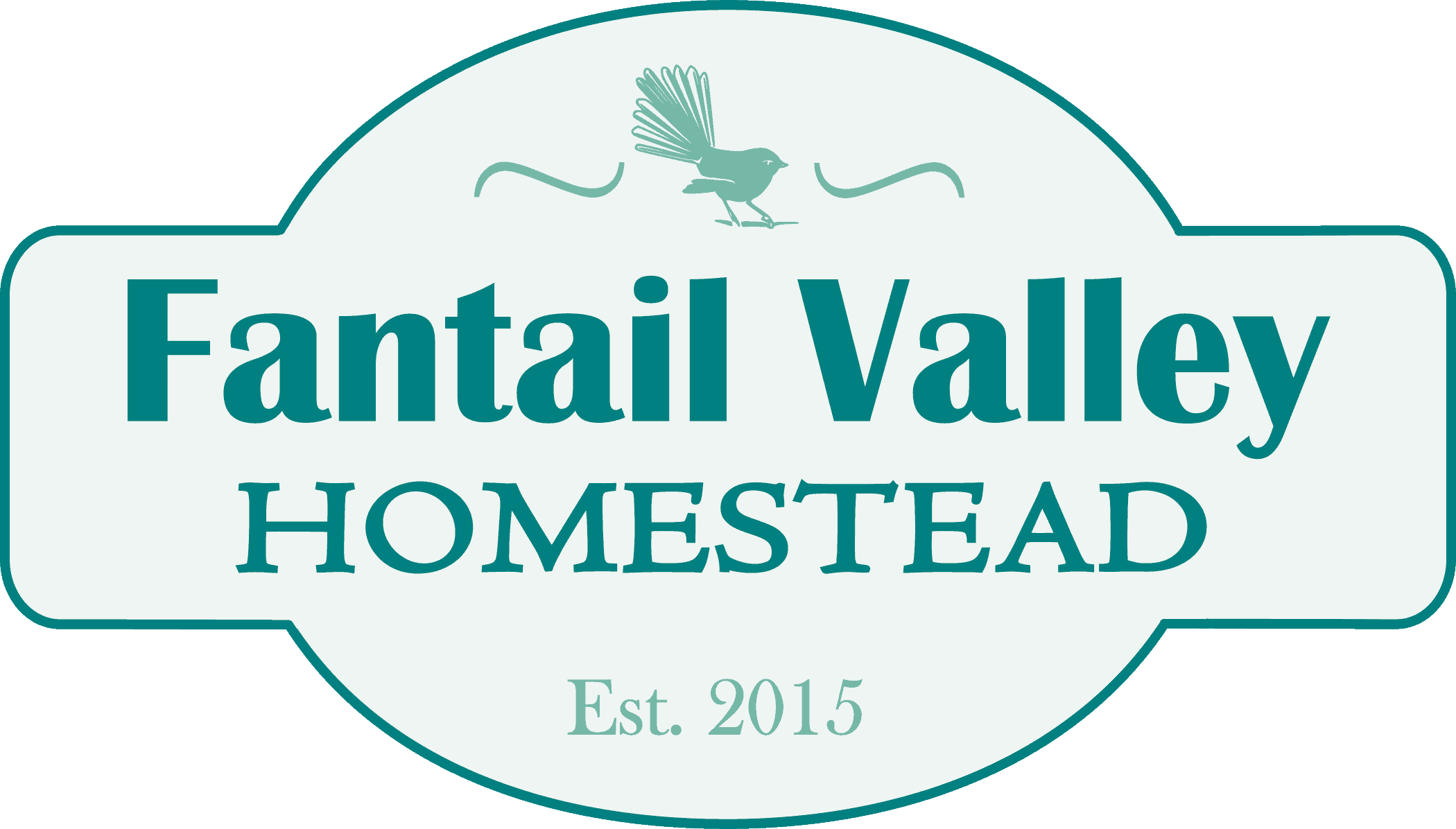

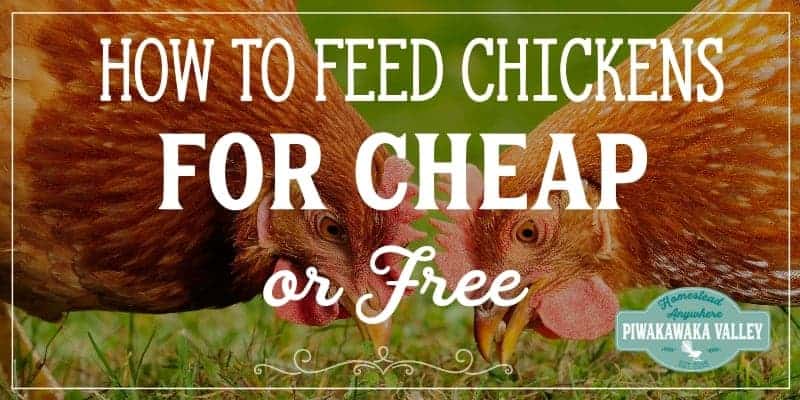
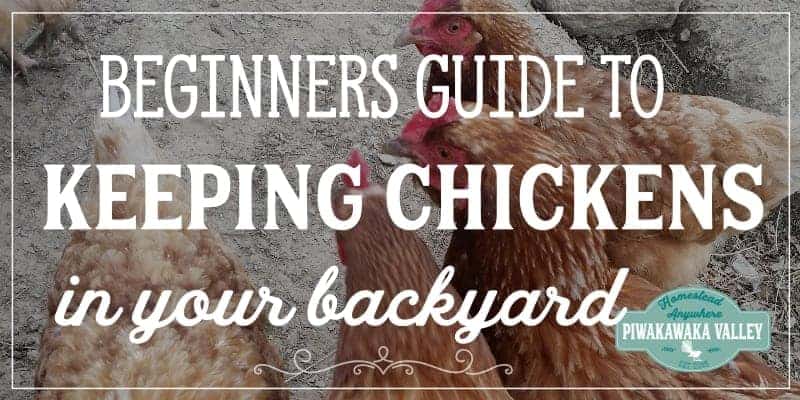
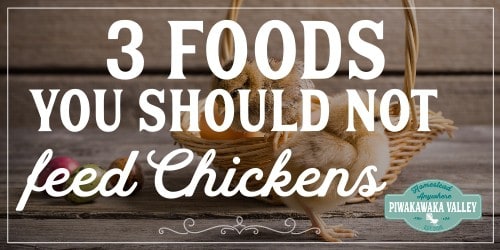
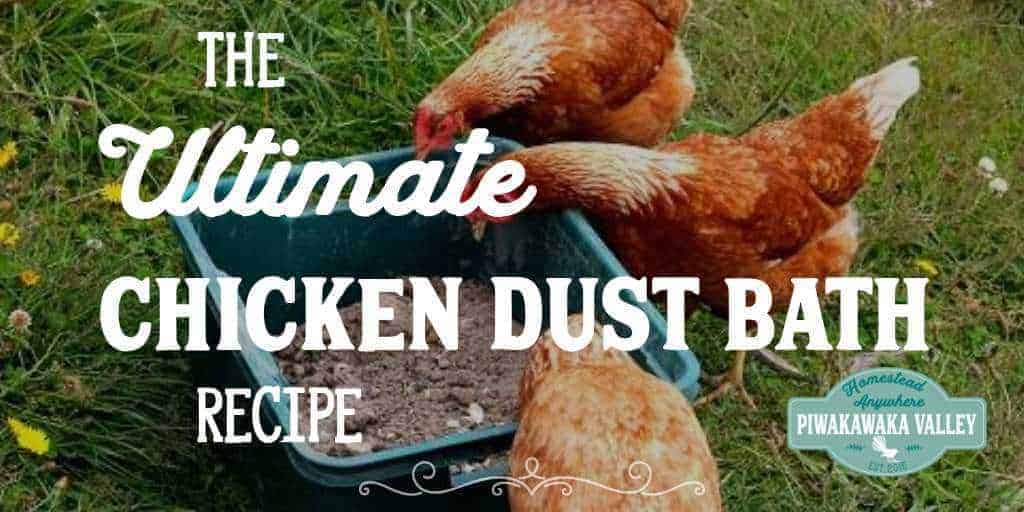

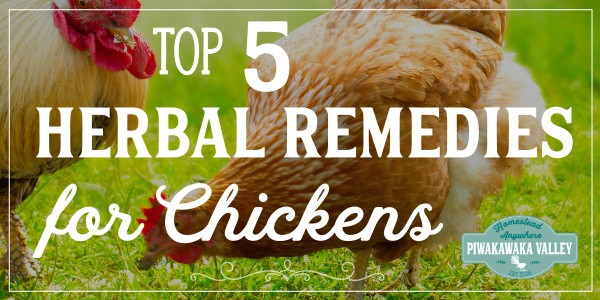
i learned something interesting info.thanks.
Thank you for the info